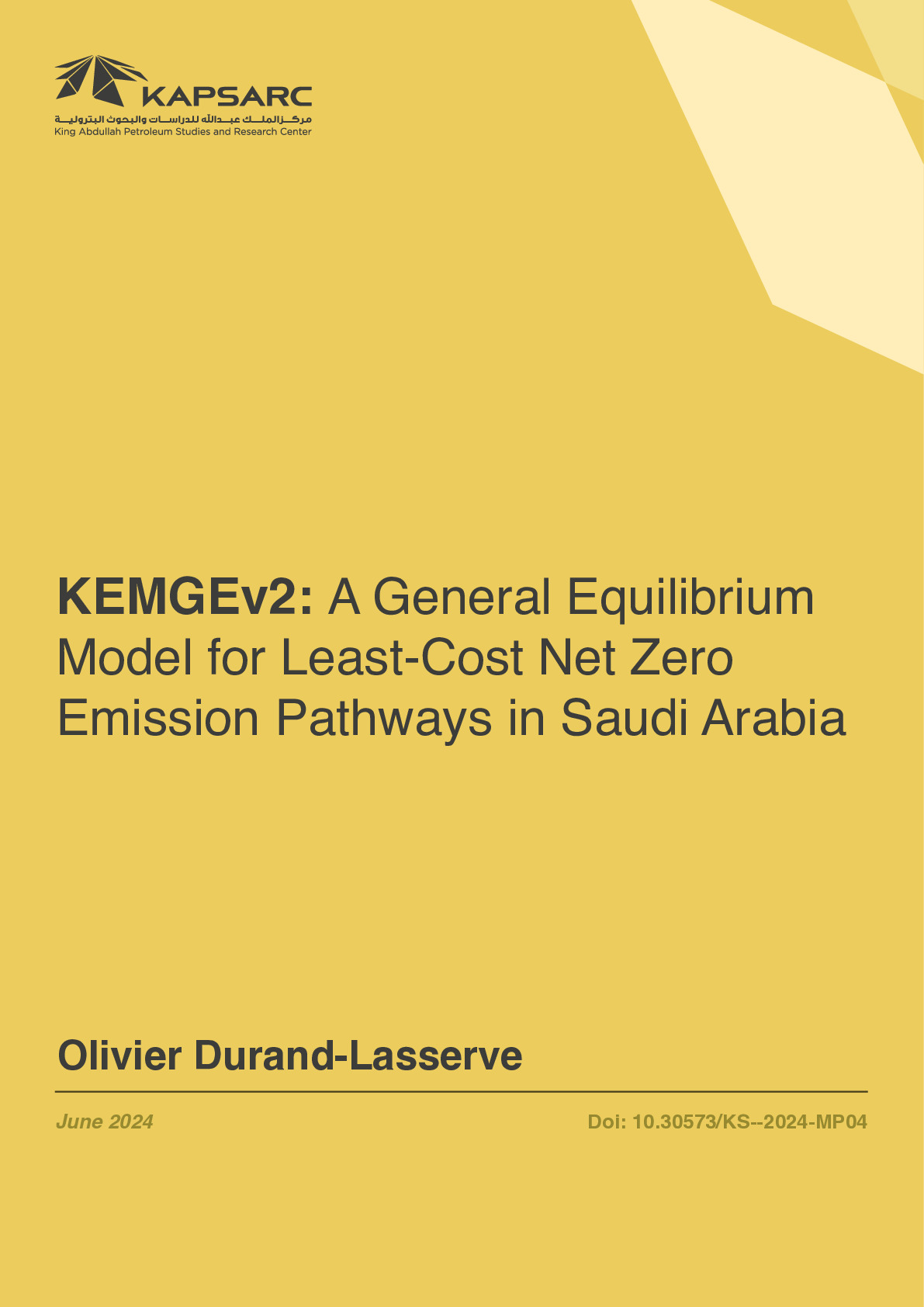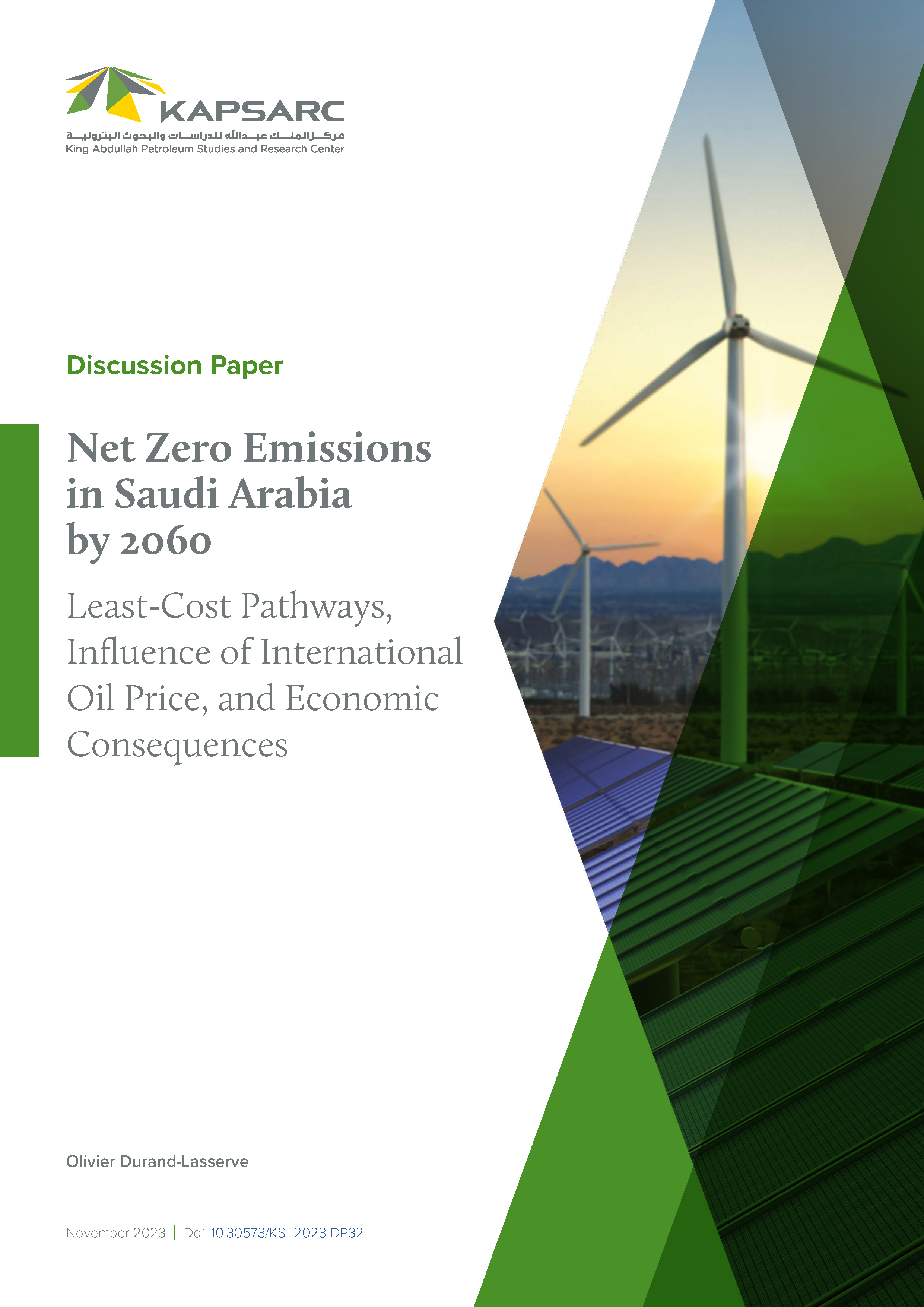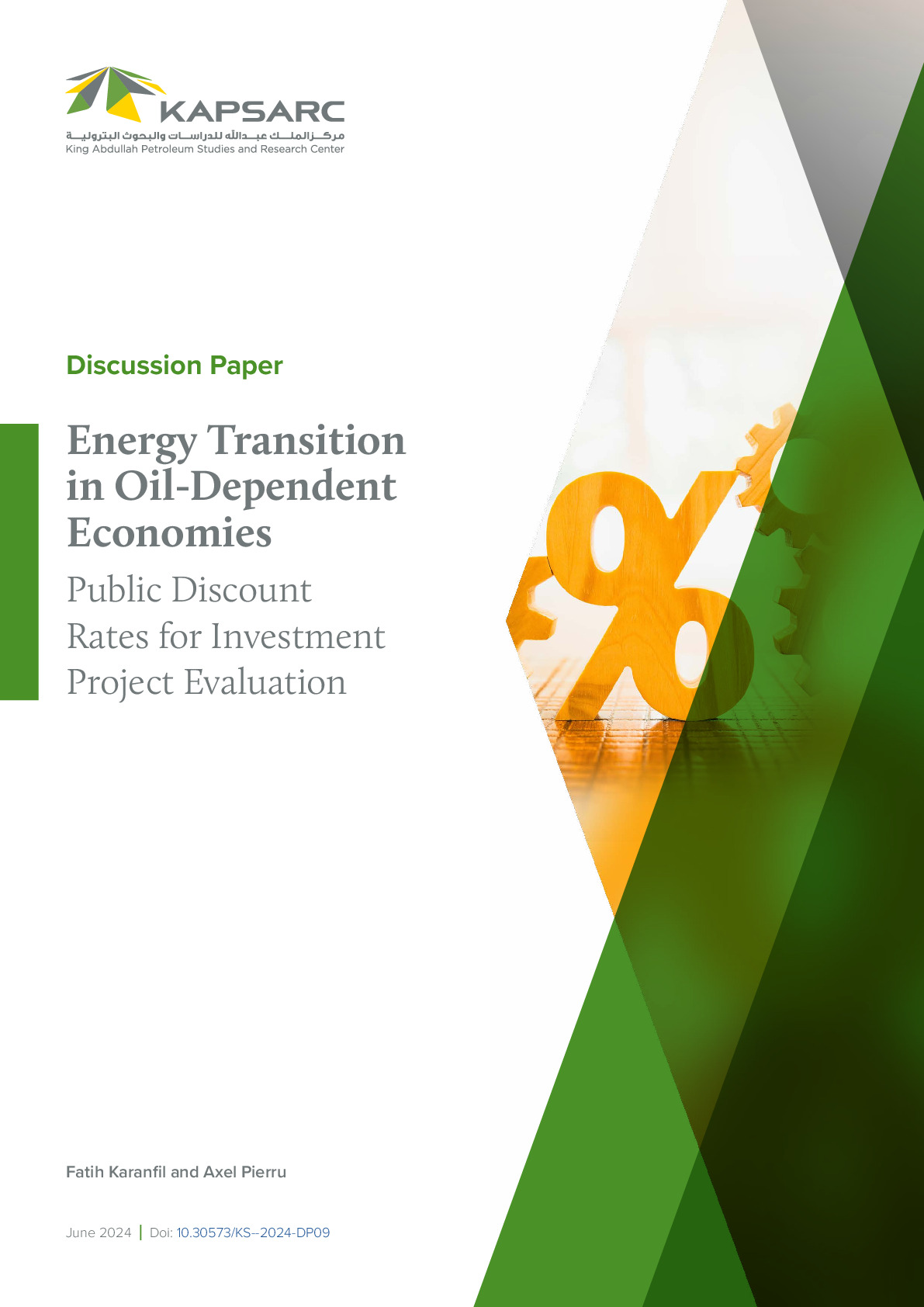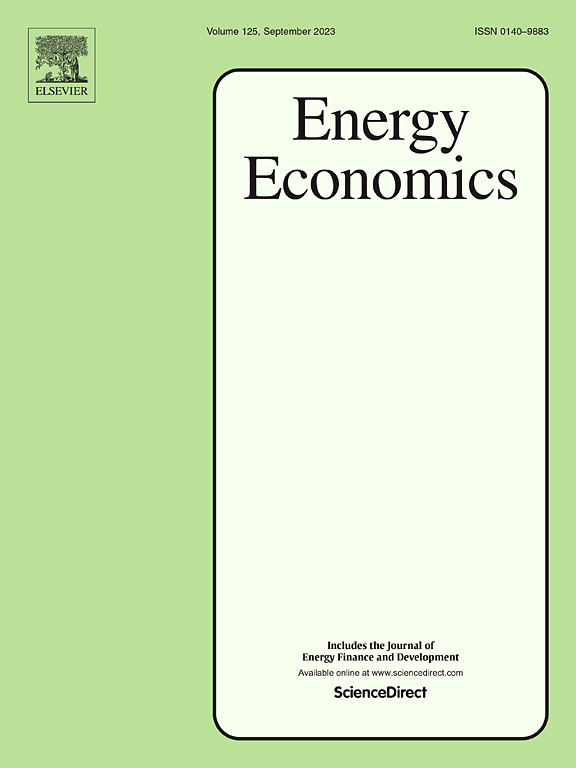Since the Great Recession of 2008, oil-exporting countries have had to adjust their fiscal policies to respond to larger oil price variations and increased unpredictability. This commentary provides insights into the relationship between oil prices and fiscal policies in emerging and developing (ED) oil-exporting countries. It also gives an overview of how fiscal rules and sovereign wealth funds (SWFs) can contribute to mitigating fluctuations in oil revenues and stabilizing economies. Last, it discusses the fiscal responses of oil-exporting countries to the COVID-19 crisis.

Fellow
Olivier is a research fellow in the Energy Systems and Macroeconomics program. Previously, he was an economist at the Organisation…
Olivier is a research fellow in the Energy Systems and Macroeconomics program. Previously, he was an economist at the Organisation for Economic Co-operation and Development (OECD) and at the International Energy Agency (IEA) in Paris where his activities covered macroeconomic policy analysis and applied general equilibrium modeling. He contributed to various modeling studies on the assessment of the macroeconomic, environmental and distributional consequences of energy and environmental policies. He also worked on the land-water-energy nexus and on the economic consequences of air pollution. Before he joined the OECD, Olivier worked at ENGIE, in Paris, where he developed an in-house modeling framework for quantifying global long-term energy-economy scenarios. While completing his Ph.D., he was a research assistant at the Center for Operations Research and Econometrics (CORE) in Louvain-la-Neuve, Belgium.
Expertise
- Macroeconomic consquences of energy policies
Publications See all Olivier Durand-Lasserve’s publications

KEMGEv2: A General Equilibrium Model for Least-Cost Net Zero Emission Pathways in Saudi Arabia
Since the Great Recession of 2008, oil-exporting countries have had to adjust their fiscal policies…
1st July 2024
Net Zero Emissions in Saudi Arabia by 2060: Least-Cost Pathways, Influence of International Oil Price, and Economic Consequences
Since the Great Recession of 2008, oil-exporting countries have had to adjust their fiscal policies…
30th November 2023



